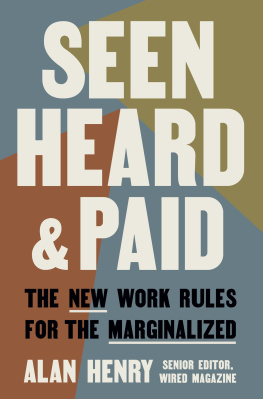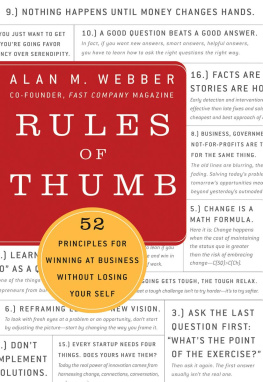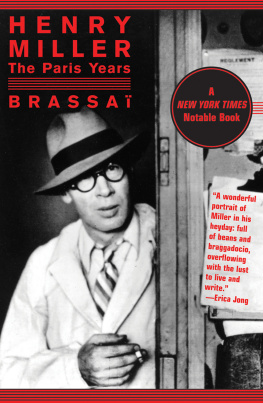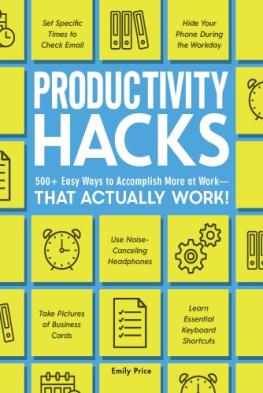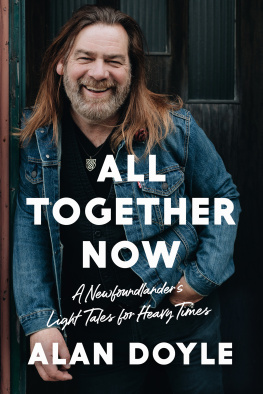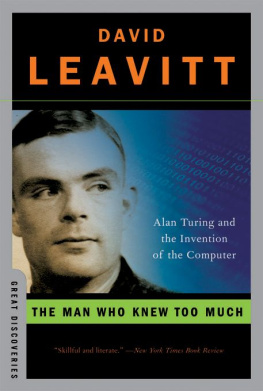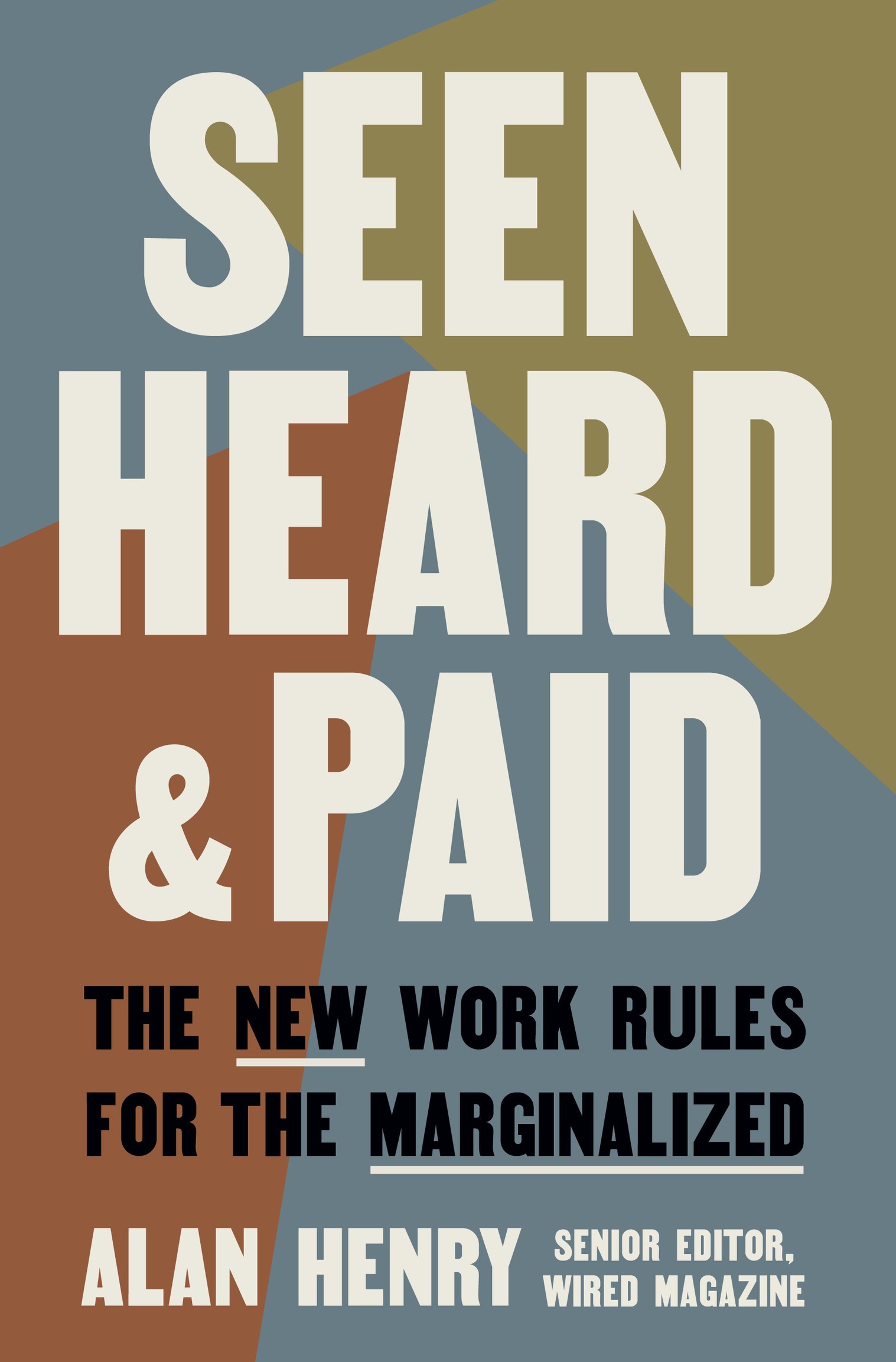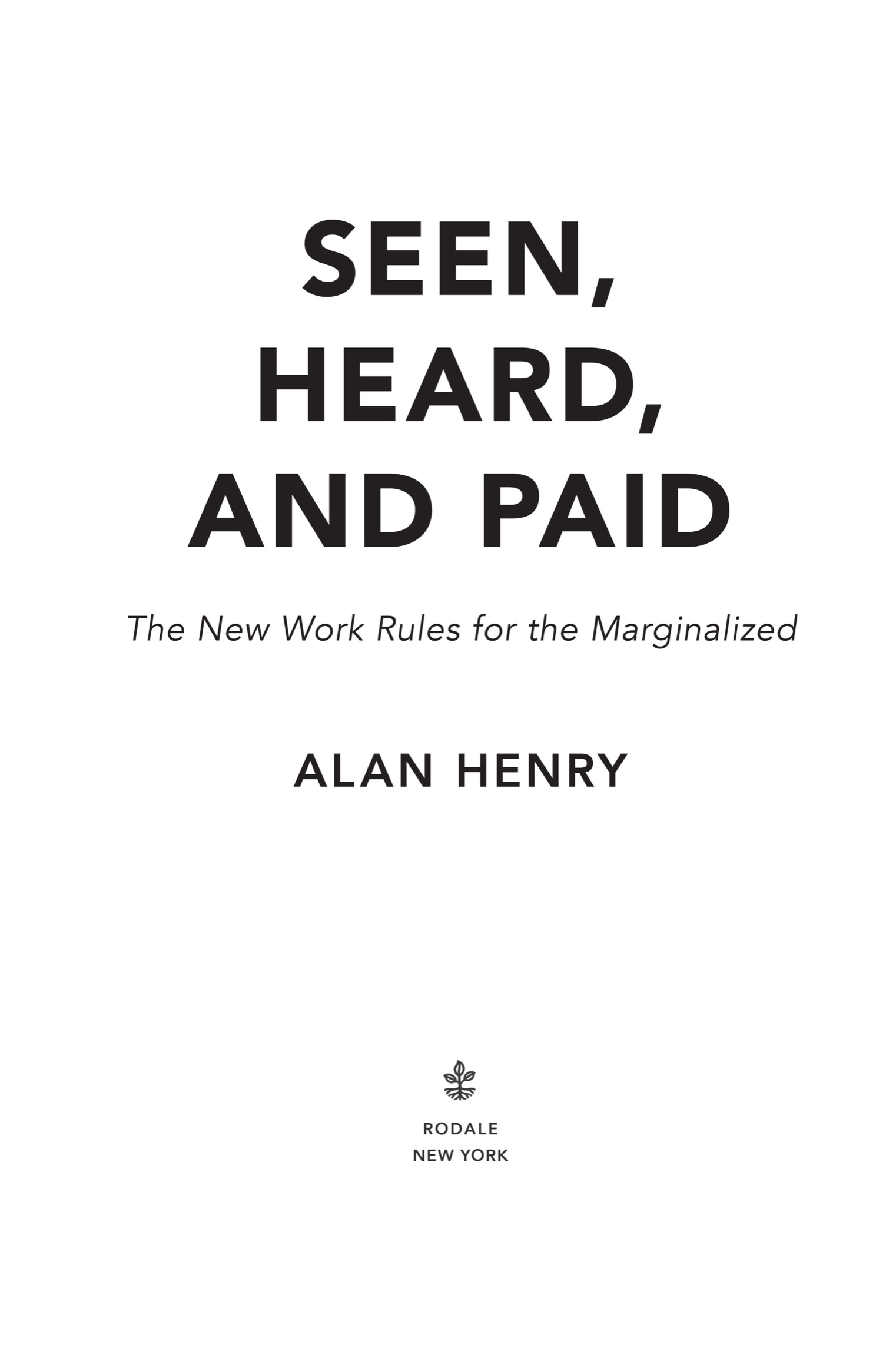All rights reserved.
Published in the United States by Rodale Books, an imprint of the Crown Publishing Group, a division of Penguin Random House LLC, New York.
RODALE and the Plant colophon are registered trademarks of Penguin Random House LLC.
Library of Congress Cataloging-in-Publication Data has been applied for.
INTRODUCTION
Seen, heard, and paid. Its what we all hope for when we start a new job. But for marginalized workers, a group I count myself part of, it often feels like an unattainable goal. When I began at what I imagined would be my dream job, as an editor at the New York Times, I thought this would be that moment when I would finally overcome the boundaries of privilege and have access to what should be these three basic worker rights. But I clearly remember the moment when I realized that even at a liberal bastion like the Times, it was too much to hope for. I was sitting in a meeting, the purpose of which was to kick off a new initiative in partnership with another group in the newsroom. My team colleagues and I had just introduced ourselves and explained what our roles were and what we did on a daily basis to keep the team moving forward. We talked about our responsibilities and how we all worked together. Overall it was fine, until a colleague showed up late. Because he came in at the tail end of the introductions, everyone stopped and our manager introduced him and told him to fill in the other team on what he did. Without dropping a beat, he proceeded to describe himself as the person responsible for all the work that I had just said that I did, and not as my peer, but as my manager, something that everyone in the room knew was explicitly untrue. Imagine it: If a peer on your team, who is less experienced than you are but is known for being louder, walked in after you had just explained the roles and responsibilities of your job and then claimed to do not only what they actually do but also what you do, and then claimed to essentially be your supervisor, you would probably be livid. And yeah, I was. I stared daggers at our manager, hoping that she would step up and correct the record or at least point out that we worked together, but she did no such thing. I looked around the rest of the room, all white faces, and realized that no one was going to help out on my behalf. I got some side glances, especially from the people on the other team who could tell exactly what was happening, but my own teammates were not going to back me up.
Now I had two choices: I could speak up on my own behalf or keep quiet. If I spoke up, I knew Id come across as an aggressive, angry Black man in a room full of white men and women, some of whom had already proven to me that they werent particularly interested in my voice, opinions, work, or experience, anyway.
If I stayed quiet, Id bury all those feelings of being walked on, ignored, and openly disrespected way down deep, where all the other moments of previous marginalization were kept. And that was what I chose. But I regret keeping my silence in that room and having to suck it up as I did. I wish I had the tools then to find a way to speak up either in that room or later with my manager, but I opted for the safe route instead. And sadly, silence is often viewed as compliance.
To get to that moment of crystal clear, blatant marginalization, I had worked in many office settings that had offered their own rules on how to work around both peoples prejudices and those of the institutions. First, it was while I was doing ITmostly support, helping people fix their computers and work more efficiently. Then I went to grad school, earned a business degree, and got a new job and, with it, a promotion to a new world of responsibilities: project management. I worked as a project manager long enough to learn how to handle multiple projects and demanding clients and how to help my colleagues do their best work when everything was on fire and everything was high priority. I thank a rather high-maintenance and high-energy chief information officer (CIO) for those skills, to be honest. Working for him was both frustrating and empowering. I learned a ton and eventually turned what was then my side hustletech journalisminto a full-time job, and I brought those skills with me.
Tech journalism was a new world that was full of some of the same pressures (How many stories can we file this week? Will we meet our deadlines? How do we organize all our editorial priorities?) but with different people and a different audience, many of whom desperately needed help with the same kinds of situations Id muddled through in my career in technology. So I started to tackle and blend two of my favorite topicsproductivity and technologyand it just so happened I landed at an outlet that traded in that kind of advice: Lifehacker.
From there I learned entirely too much about the world of productivity and its role in helping people work smarter, get more done, and achieve their career goals. I wrote article after article teaching readers how to get things done, how to enjoy their lives more, and how to make their lives better and healthier. It was all great work, and Im proud of it, but I didnt realize at the time that much of the advice that resonated so much with our audience was written by and for people who may have needed it the least.
To be fair, everyone can use help getting their work done faster so they can spend more time doing what they want to do, but marginalized peoplepeople whose contributions are often overlooked in their workplaces because of their race, their gender, their sexuality, or their gender expressionneed that advice more than others do, and often that advice doesnt speak to them at all. To be productive, we need to be seen, heard, and paid fairly for our work. Affording these rights to everyone requires a new look at how work is done and a new set of real-world work rules for people who are sidelined and who lack privilege.
I tried to make changes in that direction at Lifehacker, but by the time the site had changed ownership and management, it was clear that this more inclusive focus wasnt the direction the group wanted to go. I took my message to the Times and did have success getting the word out. There I found an amazing platform to help people and met great friends who were supportive. However, it was at that same hallowed institution that I really learned what it meant to be marginalized. (I talk a lot about my experiences at the Times in this book. A lot. Its not to demonize the company or the many wonderful people who work there. But if this institution that is known as a beacon of shining light on the darkness in this world can also be a harbor of all that is wrong with marginalizing employees, then think of how insidious this culture is throughout all workplaces.)
Today, Ive been writing about productivity for the better part of a decade. I get up in the morning with the hope that something Ive written will help someone improve their life. But when I realized that some of the same tips and techniques that I wrote about didnt work in my own lifeand didnt work as well for people who were more like me than unlike meI started to wonder why.

